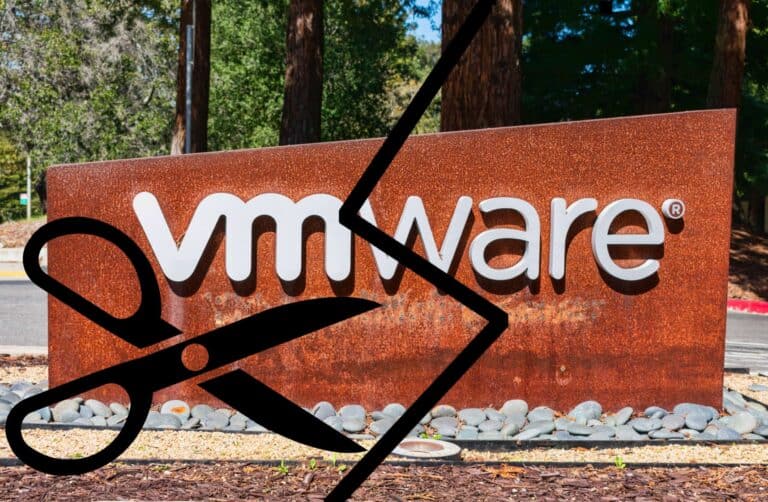Last Wednesday, VMware filed new court documents in its case against Siemens. This is the company’s response to Siemens’ attempts to move the dispute to Germany and have it treated as a purely contractual matter.
This is according to The Register. In the new documents, VMware emphasizes that, in its view, the core of the case concerns copyright infringement and that the legal proceedings should therefore remain in the United States.
The legal battle began in March. During negotiations for a new support contract, Siemens provided an overview of all the VMware software it was using. According to Broadcom, which acquired VMware, the list showed that Siemens was running many more products than it had purchased licenses for.
VMware claims that during the same period, Siemens continued to insist on support for this software, even though Broadcom’s policy does not allow this for products that were once sold under a perpetual license. When Siemens failed to address concerns about possible unlicensed use, negotiations stalled, and a copyright lawsuit followed.
Conflict over location of lawsuit
Siemens then argued that the dispute does not belong in the United States. The company refers to a 2012 Master Software License and Service Agreement with VMware’s Irish subsidiary, which, according to Siemens, stipulates that legal disputes must be handled by a court in Munich. Siemens also argues that the disagreement revolves around the interpretation of contract terms and is therefore not a copyright issue.
The documents VMware submitted on Wednesday refute Siemens’ position. VMware argues that the license agreements do not require such cases to be moved to Germany, and that Siemens is misrepresenting the case’s origins. According to VMware, Siemens itself caused the situation by deploying software on a large scale without the necessary licenses. VMware also claims that Siemens is attempting to redefine the case as a simple contractual matter in order to limit its own liability.
VMware also maintains that copyright claims are usually filed on a country-by-country basis and that it is logical for an American company to commence proceedings in a court operating under legislation with which it is familiar. VMware is thus hinting that it is prepared to initiate proceedings in other countries if necessary.
The process is slow
The conflict between the two companies bears similarities to previous issues involving VMware, Tesco, and AT&T, among others. The case with AT&T was settled relatively quickly, but the one with Tesco is still ongoing. The case with Siemens has been dragging on for eight months, and there are no signs of a quick settlement in sight.
Broadcom’s new licensing and support policy plays an important role in the background. The company no longer offers support for older products with perpetual licenses and is strongly focusing its offering on the Cloud Foundation suite (VCF). Analysts call VCF a powerful platform, but customers complain that costs sometimes triple or worse. Broadcom emphasizes that the package pays for itself quickly because it integrates many separate products and support services. Customers do not always agree and indicate that they do not need all components of VCF.
Broadcom CEO Hock Tan previously acknowledged that some customers have purchased VCF but never fully rolled it out. He estimated that it would take at least two years to resolve that issue. VMware will discontinue support for version 8.0 of its products on October 11, 2027. Many organizations considering a switch now see that date as a hard deadline for migration plans.
